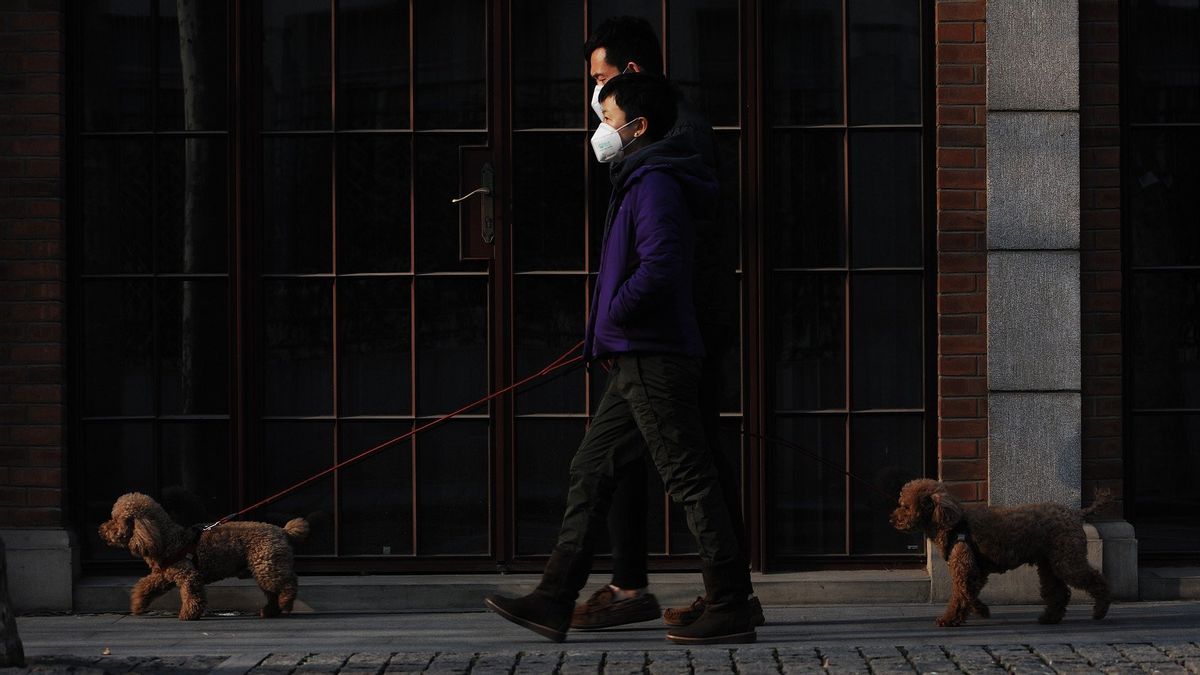JAKARTA - A Japanese cold medicine is sticking out its name. Favipiravir, which Chinese medical authorities say is effective for COVID-19 patients. Is that right? What is the medicine like?
Favipiravir is a drug used to treat a new type of flu in Japan. An official of China's Ministry of Science and Technology, Zhang Xinmin, said the Favipiravir developed by the Fujifilm subsidiary had shown encouraging results in clinical trials involving 340 patients in Wuhan and Shenzhen.
In his statement, Zhang also said, patients in Shenzen recovered an average of four days after being given this drug, compared to those who did not take this drug with an average recovery period of eleven days.
"It has a high level of security and is effective in treatment," said Zhang, as quoted by The Guardian, Friday, March 20.
In addition, the patients treated with Favipiravir also experienced an improvement in their lung condition by about 91 percent. Meanwhile, those who did not use this drug only experienced an increase of about 62 percent.
As a result of Zhang's comments, shares of this drug manufacturer Fujifilm Toyama Chemical rose 14.7 percent. However, the company itself is reluctant to comment on these claims. Meanwhile, according to testimony from Japanese authorities, they got not very encouraging results when clinically testing the same drug on COVID-19 patients with mild to moderate symptoms.
According to the Japanese Ministry of Health, the drug is not effective in people with more severe symptoms. "We have given Avigan - the drug brand name Favipiravir - to 70 to 80 people. However, it does not seem to work properly when the virus has multiplied," said the Japanese Ministry of Health.
It's not just for COVID-19. In 2016, the Japanese government has also supplied Favipiravir as emergency aid to deal with the Ebola virus outbreak in Guinea. Favipiravir was actually made to treat flu. Therefore, if it is to be used on a full-scale basis on COVID-19 patients, prior government approval is required.
One of the Japanese health officials said the permission from the government to convert the drug could be issued in early May. "But if clinical trial results are delayed, approval can also be delayed."
The English, Chinese, Japanese, Arabic, and French versions are automatically generated by the AI. So there may still be inaccuracies in translating, please always see Indonesian as our main language. (system supported by DigitalSiber.id)













